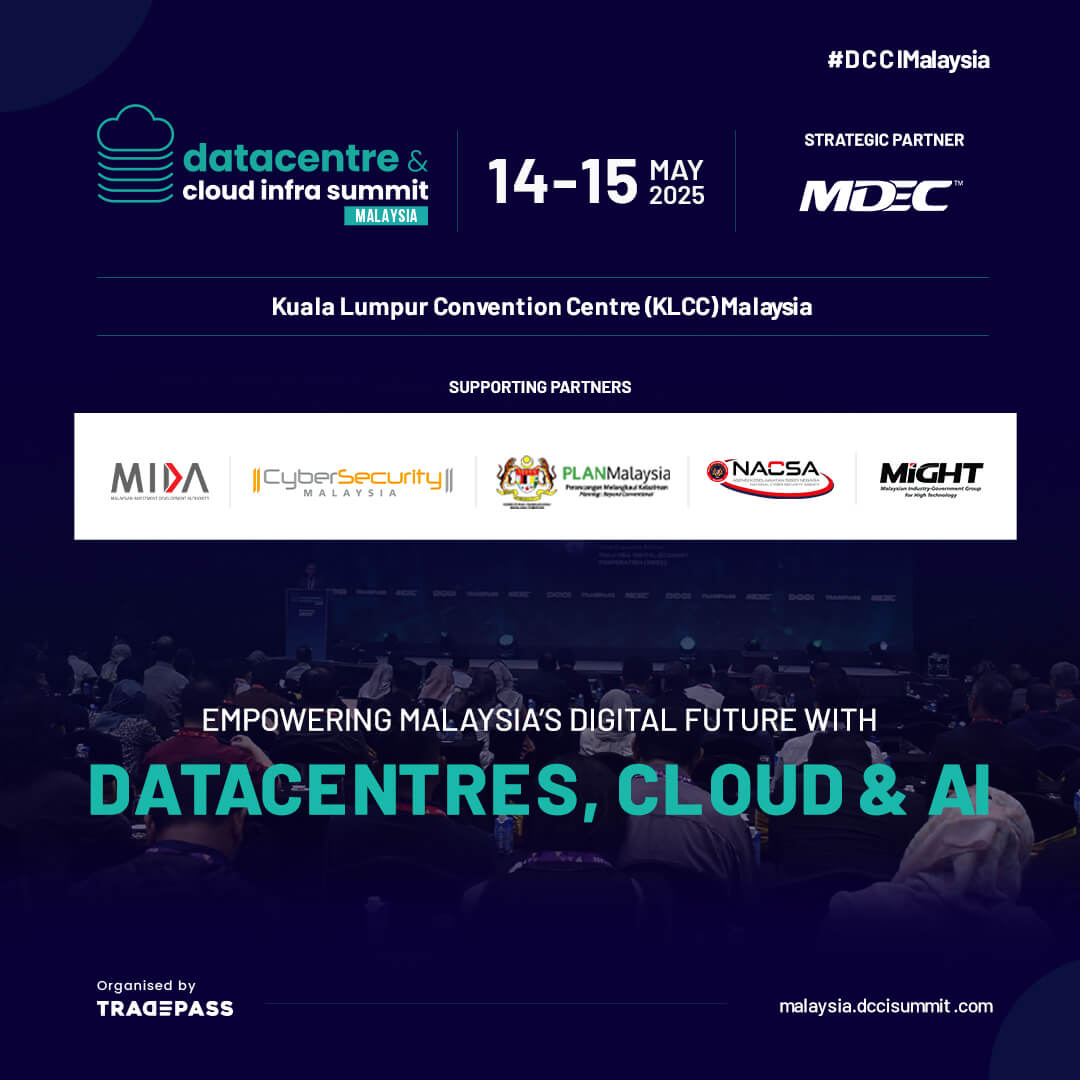Heaptalk, Jakarta — The House of Representatives (DPR) has officially approved the revisions of the Indonesian Military (TNI) and the National Police (Polri) Law. However, these revisions have not been without controversy, with some regulations seemingly at odds with the spirit of reform.
For instance, Article 47, Paragraph (2) of the revised TNI Law states: Active military personnel can hold positions in offices dealing with coordinating political and national security affairs, national defense, the President’s Military Secretariat, national intelligence, national encryption, the National Resilience Institute, the National Defense Council, National Search and Rescue (SAR), narcotics, and the Supreme Court, as well as other ministries/agencies requiring the skills and expertise of active military personnel according to the President’s policy.
Lucius Karus, a researcher at the Forum of Concerned Citizens for the Indonesian Parliament (Formappi), stated that if active military personnel can work anywhere as the President wishes, the TNI becomes like any other civilian. “This clearly contradicts the function of the TNI as a state defense tool,” Lucius said in his press release on Sunday (02/06).
Meanwhile, SafeNet’s Executive Director, Nenden Sekar Arum, stated that revising the Polri Law will increasingly suppress freedom of opinion and expression, the right to access information, and the privacy rights of citizens, especially those enjoyed on social media and digital spaces. “Article 16, Paragraph (1), letter q, where police authority extends to the cyber realm,” Nenden revealed.
Article 16, Paragraph (1), letter q of the revised Polri Law states that the police are authorized to take action, block or cut off, and slow down access to the cyber realm for domestic security purposes in coordination with the ministry responsible for government affairs in communication and informatics and/or telecommunications service providers.
Bugivia Maharani, a research assistant at the Center for Legal and Policy Studies (PSHK), highlighted that the process of discussing the revision of the Polri Law was carried out during a transitional government period. Ideally, neither the government nor the DPR should make strategic and substantial policy decisions during this transitional period. “The drafting of the revised Polri Law seems rushed and neglects meaningful public participation,” Rani concluded.














